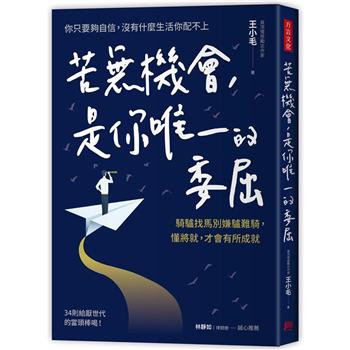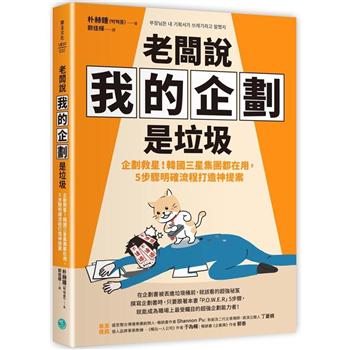“The Postal Deficit: An Examination of Some of the Legislative and Administrative Aspects of a Great State Industry†by Harry Turner Newcomb offers a detailed analysis of the financial challenges faced by the postal service in the late 19th and early 20th centuries. This meticulously researched work delves into the legislative and administrative factors contributing to the postal deficit, providing valuable insights into the complexities of managing a large state industry. Newcombâ€(TM)s examination covers a range of pertinent issues, including operational inefficiencies, legislative mandates, and economic influences.
This book is an important resource for historians, economists, and policymakers interested in understanding the historical roots of contemporary postal service issues. Its detailed analysis and clear presentation make it a relevant read for anyone seeking to understand the intersection of government policy, business, and public service in the United States.
This work has been selected by scholars as being culturally important, and is part of the knowledge base of civilization as we know it. This work was reproduced from the original artifact, and remains as true to the original work as possible. Therefore, you will see the original copyright references, library stamps (as most of these works have been housed in our most important libraries around the world), and other notations in the work.
This work is in the public domain in the United States of America, and possibly other nations. Within the United States, you may freely copy and distribute this work, as no entity (individual or corporate) has a copyright on the body of the work.
As a reproduction of a historical artifact, this work may contain missing or blurred pages, poor pictures, errant marks, etc. Scholars believe, and we concur, that this work is important enough to be preserved, reproduced, and made generally available to the public. We appreciate your support of the preservation process, and thank you for being an important part of keeping this knowledge alive and relevant.

 共
共 









